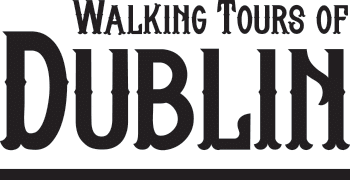In the Upper Courtyard of Dublin Castle stands a statue of Lady Justice, erected by the authorities in 1751 to symbolise law and fairness. But the people of Dublin quickly noticed that something was off.
Her sword is raised—not at rest—suggesting not peace, but threat. When it rained, her scales tipped over, becoming unbalanced—hardly a symbol of impartial justice. (They allegedly fixed that problem.) And most glaring of all: she faces the Castle, with her back turned on the city. Justice, it seems, is watching over those inside the walls, not those outside them.
The people captured this feeling in a biting rhyme still remembered today:
“Lady Justice, mark well her station,
Her face to the Castle, and her arse to the nation.”
It’s a stark reminder of how people felt shut out from the workings of power. And over 270 years later, many still feel the same.
Whether you’re navigating business, education, or the housing system, it can often feel like the cogs are turning against you. Bureaucracy, red tape, revolving doors—sometimes justice and fairness feel just as distant today as they did in 1751.
But in the face of all that, humour is a kind of power too. The Dubliners who wrote that verse didn’t just mock authority—they reclaimed a bit of power for themselves. And today, humour still gives us a way to shake off the negativity, stay resilient, and keep going.

